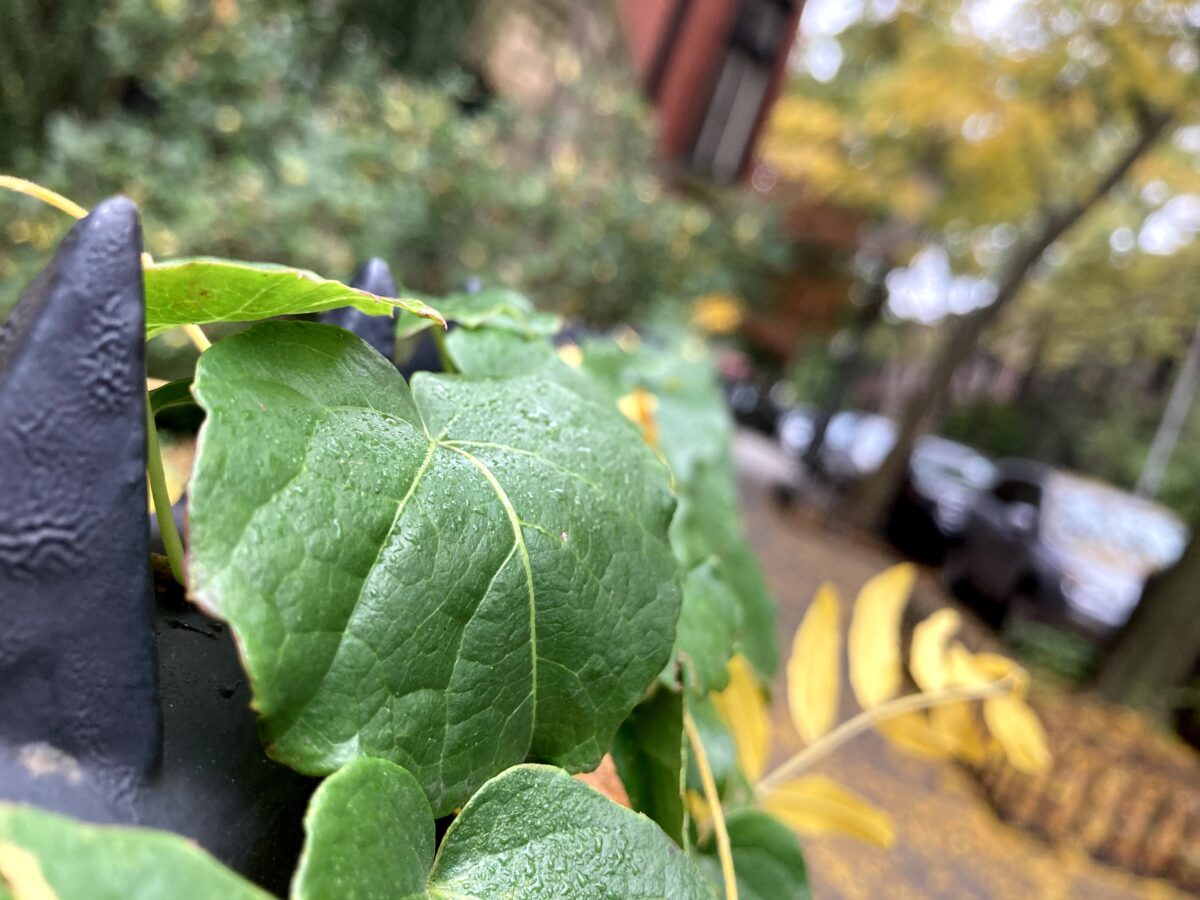February 3, 2025
When rhyming becomes the reason

As a songwriter, I optimize for mouthfeel.
I’ll sing words that simply feel good crossing my lips, and sound pleasing to the ear, and trust that the energy behind them will create a meaningful sound that transcends words.
In that way, rhyming becomes the reason.
Paul Simon talked about this in his audio memoir. In his most famous song, he tried to put words in the bridging stanza but none came. Paul he decided to just use, lie la lie. He wrote in his boo:
I didn’t know such wordless echoes would cross linguistic borders when live audiences around the world started joining in spontaneously when I performed.
Ask any of his fans, that is the best part of the song. My dad loves this song and plays it at most of his concerts out in public and at holidays with our family.
We all sing, lie la lie. It’s the best.
And believe it or not, there’s a technical term for this. Nonlexical vocables, which are a form of nonsense syllable used in a wide variety of music. It’s proof that the placeholder can become the permanent part of the work. And maybe even produce more meaning than if it were a real word.
Now, this phenomenon isn’t solely limited to music.
Do you have any placeholder words in your vocabulary that have taken on a life of their own?
My philosophy is, as long as we’re not changing our words to manipulate reality or avoid uncomfortable truths, let language do its thing. Let the placeholder placebo have its way with you.
No need to block the natural evolution of our words. No need to hinder positive linguistic adaptations that reflect our evolving needs.
Lie la lie, lie la lie.
What nonsensical or purely functional now holds emotional weight and relevance with the passage of time?

